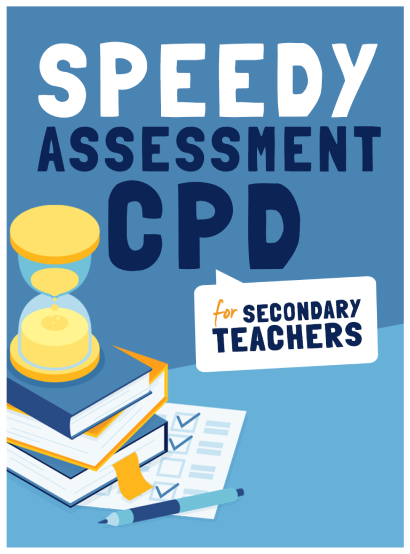“The assessment goalposts have been moved” – GCSE grades in 2020

Assessments, appeals, adequate time – what needs to happen for the class of 2019/20 to gain their GCSEs?

This year’s school leavers have seen their traditional coming-of-age rituals completely swept away with the onset of COVID-19. No school prom. No signed shirts on the last day. And, of course, no summer exams, with the result that their GCSEs will be largely based on a combination of previously predicted grades and assessments carried out by their teachers.
When it was first announced, the decision to cancel this year’s exams provoked strong responses from students, parents, and school teachers alike. Ofqual’s subsequent move to allow students to undertake their GCSE exams in autumn initially addressed some concerns, but soon raised more questions than answers regarding schools’ level of preparedness and capacity to oversee those exams during an already challenging start to the new school year.
Students ultimately needed the qualifications necessary for them to progress in their education in a timely fashion, which made awarding their GCSEs on the basis of predicted grades and teacher assessment the only realistic option, given the circumstances. It’s a process that involves teachers providing evidence to support each student’s predicted grade, while taking into account numerous factors – including their engagement in class, the grades they got in their mocks and the standards of their other assessed work.
Do we need timed exams?
The end result is a form of assessment modelled on an individualised, holistic approach to grading; one which enables each student to be measured on a body of work they’ve produced over the course of a year, rather than a two-hour exam held on a particular day. As a private GCSE tutor, I’ve seen first-hand how students who previously struggled have been thrilled to receive predicted grades. Why? Because they felt this was likely to get them a higher grade overall, factoring in as they do levels of class engagement and assessed work produced under non-timed conditions.
It’s interesting to note how this temporary (so we’ve been told) change in assessment arrangements has highlighted long-running arguments about the effectiveness of our current exam-based grading system. Consider this – if schools were able to award grades in a fair and consistent way via a system of teacher assessment, without the need for timed exams, the students’ final grade would be far more representative of their overall ability.
However, the incorporation of predicted grades into students’ final GCSE results has caused some issues. One of my students, for example, failed to ‘gel’ with his teacher, to the point where his parents began to raise concerns over the prospect of ‘teacher bias’ negatively impacting their son’s grade.
At the same time, my quieter, less actively engaged students are keenly aware that how they previously acted and behaved in the classroom could now reflect badly on their final grade. I know of one parent who took particular issue with this ‘classroom involvement’ aspect of this year’s assessment arrangements, who queried whether their child’s recent experiences of online learning would also be taken into account, before asserting that their need to grasp new technology had presented obstacles to her child’s level of engagement.
Parents have also expressed further concerns over their children’s mocks painting an inaccurate picture of their potential, given the limited amount of classroom teaching that schools have been able to complete this year. And they have a point – it’s hard to deny that the assessment goalposts have been moved, leaving students and parents with feelings of regret and trepidation, rather than a sense of empowerment and the motivation to move forward.
Business as usual…
Debates continue over whether awarding predicted grades was the right thing to do, but we shouldn’t lose sight of something important within Ofqual’s announcement. The regulator has promised this year’s cohort that they’ll be able to appeal their predicted grades if they feel them to be unfair or discriminatory, but also that they’ll be able to sit their GCSE exams under standard test conditions in autumn 2020.
The latter in particular suggests that efforts are being made to preserve the traditional exam-based assessment model, but have students and schools been given adequate time to prepare? And which students will want to sign up for autumn exams? Some might be hoping to scrape a pass that will let them get on with their education with minimal delay. Others, on the other hand, will be all too aware that they’ve not set foot in a learning environment for six months or more, and therefore perhaps not in the best position to take on exams almost immediately upon returning.
Students will be in the unenviable position of having to weigh up a host of complicated factors when deciding whether to accept or appeal their grade. What makes this especially disheartening is that many of them will doubtless possess the ability to have achieved a higher grade, if only they had been able to receive the right support when they needed it.
Apart from anything else, the social distancing measures schools will be expected to follow may well make it impossible for them to prepare the space and facilities students will need in order to sit their exams safely. Can we expect this to cause yet more delays in students getting their GCSEs? And if so, how viable will the exam-based assessment model actually be for next year’s students – and those who come after them?
Charlotte Baker is an associate lecturer, author and GCSE tutor











